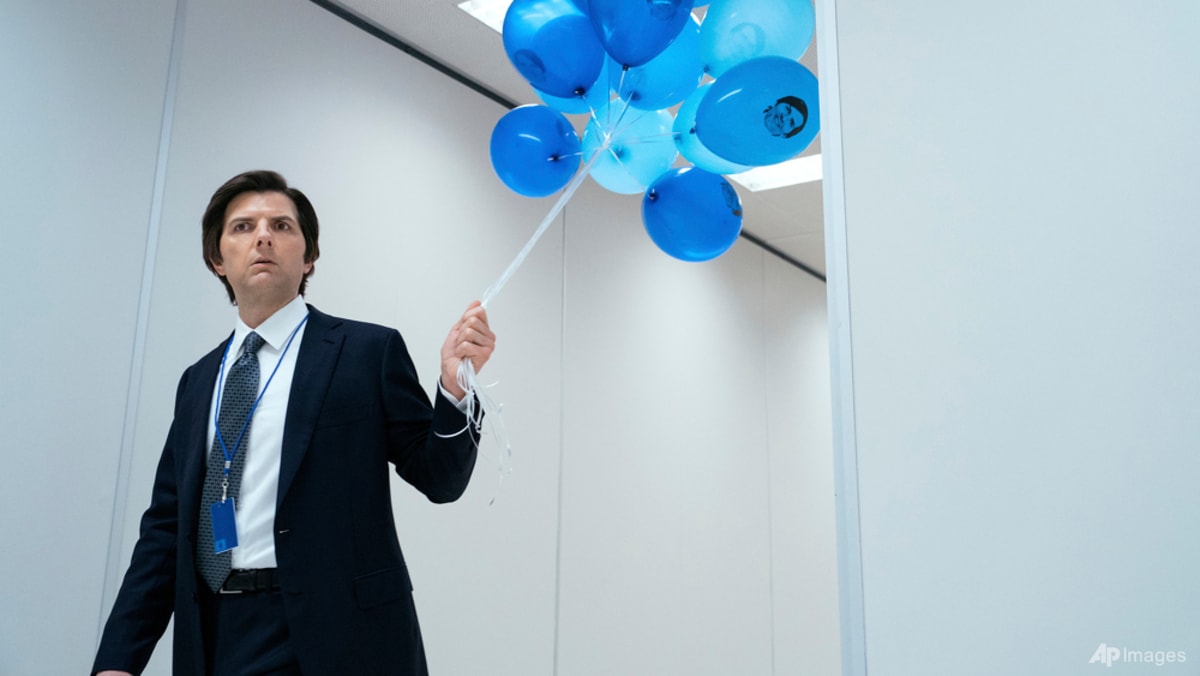SOCIAL MEDIA CULTURE
Work has also become part of a social media culture, where TikTokers invite viewers to #GRWM (get ready with me) for a day at the office, explain their working day and share previously private moments, including quitting their jobs in a wave of #Quittok.
Dan Kaplan, a senior partner at recruiters Korn Ferry, has said there is “a near fantasy-like fascination with big companies and more importantly, larger-than-life leaders”, fuelled by the ubiquity of CEOs on social media, interviewing each other on video and podcasts. Elsewhere, the US is run by a president who models government on the art of the deal and valorises long hours and business.
This age of Peak Workplace TV explores essential issues. Waterman points to a theme of The Studio: can you have “a humane and creative workplace that is also commercially successful”? So too in The Bear, which focuses on the intense, toxic world of restaurant kitchens.
Hacks examines generational tensions, a topic I’ve heard many business leaders express concern over, and the show is also acute on the spiritual toll of ambition. It is not, however, depressing: like other series it depicts the warmth, as well as the hostility, that can develop between colleagues, even bosses and employees.
I often think of the scene where Smart’s charismatic character steps in to save a lacklustre funeral service for her mentee’s father. “Everybody’s uncomfortable because they think nobody has anything nice to say about this man,” she says. “And I know that you do, not because I knew him – I didn’t – but I know his daughter. I know he had to be a very special person to raise someone like her.”
It’s a reminder that bonds formed through work, occasionally and unexpectedly, may be profound.
